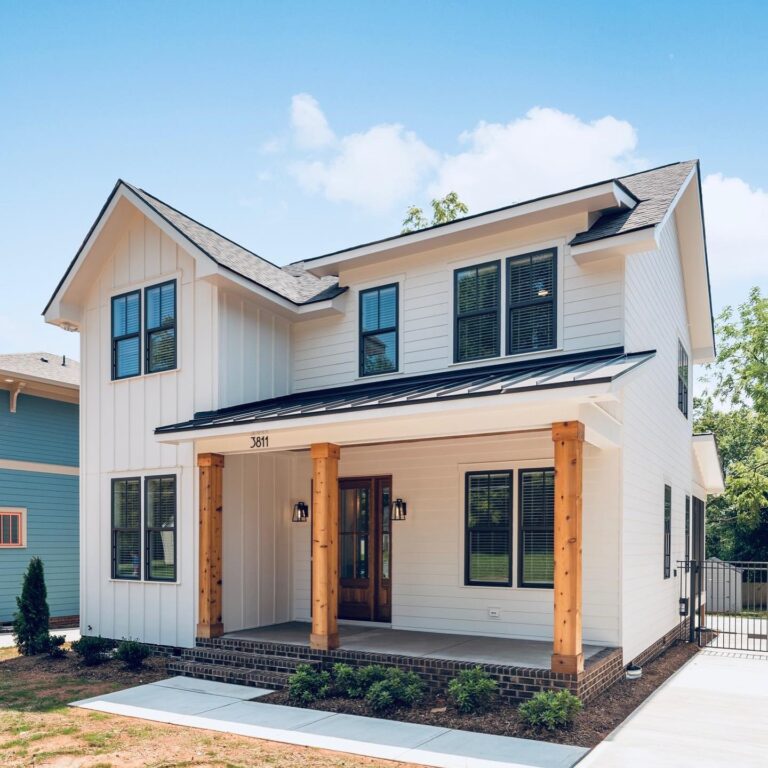Your Introduction To Property Investment
Seen as you’re on my blog, I’m sure you’re passionate about making houses look beautiful. Like a lot of people who are into interior design, you may have daydreamed about investing in property in the past. With no experience, this might seem like a pretty daunting task. However, if you approach it the right way, property investment can be beneficial and easy.

Before you do anything, you should know what you’re getting into. It’s important to do your research and learn as much as you can. A good start is to see how other real estate investors, like Than Merrill, have been successful. However, keep in mind that property investment is going to be very slow compared to other forms of investment. You should view any residential property you acquire as a long-term investment. The period between buying and selling a house should be a minimum of five years. Still, most investors will hold onto homes for around seven to ten years. Remember that buying a property involves all kinds of up front, continuous and exit costs. In order for you to make a profit, the value of a property needs to grow by more than the accumulated costs. This includes the after-tax costs which will come with you holding onto a property. You’ve probably heard property investment being described as “stable”. Investing in housing is generally safer than stock trading and other investments. However, there are still risks involved. The value of any given property hinges on a number of different factors, and sudden changes can cause it to drop. When looking at any new homes, you’ll need to study and weigh up these risks. One way you can reduce your risk is by keeping a property for a long time, and riding out any short-term fluctuation in value.

When thinking about investing in property, you also need to understand the factors of capital growth and rental yield. These two values often have an inverse relationship. It’s exceptionally rare for anyone to pin down a property that offers rental yield and capital growth in god concentrations. If the interest rates are rising on properties with a high yield, you might be tempted into a short-term investment. Ask an experienced investor though, and they’d turn their nose up at such a suggestion. In the large majority of cases, capital growth should be the priority for your property investments. This is where the most financial gains generally come from. For the safest possible course of action, try to find a mix of capital growth and rental yield which will suit your specific situation. Targeting capital growth specifically might mean that you bring in less weekly rent. This could end up in a damaging shortfall if the rent you take in doesn’t cover your routine mortgage payments. These kinds of shortfalls can be pretty serious, so make sure you’d be able to afford them in the long term before any purchase.
Capital investment plays a crucial role in the growth and expansion of businesses. It refers to the investment of funds in long-term assets such as land, buildings, machinery, and equipment, which are essential for the production and delivery of goods and services.
In the United Kingdom, businesses heavily rely on capital investment to improve productivity, enhance competitiveness, and drive innovation. It is a key driver of economic growth and development, allowing businesses to increase their capacity, expand into new markets, and create employment opportunities.
There are several factors that are driving UK businesses and capital investment. Firstly, advancements in technology have necessitated businesses to invest in modern machinery and equipment to remain competitive. Digitalization and automation have become imperative for businesses to improve efficiency, reduce costs, and meet the evolving needs of customers.

I hope that this post has made the world of property investment seem a little smaller and easier to tackle. Although this information will get you started, there’s likely a long way to go. There are all kinds of other factors you’ll need to understand before your first big pay-off.






